Hi everyone!
Being that it’s the start of a new year, I know that many of you have resolutions related to health: wanting to lose weight, eat better, be more consistent with your exercise routine, cultivate a more positive mindset, or find ways to be more active in your everyday life. Perhaps you want to incorporate more fruits and veggies into your diet, or transition into a plant-based diet.
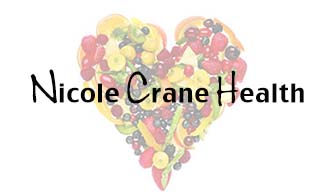
Whatever your main healthy living goal is, I’d love to chat more with you about it and see if my health coaching program is a good fit for you. I offer free consultations to discuss all of this, and I’m happy to announce that I’m offering a new year discount! If you sign up for my program in the next month, you’ll receive $100 off your total program fee.
Prices for my 6-month program are offered at $195 a month, and there are additional discounts for paying in full at the beginning of the program, and also for signing up on the same day as your consultation. With all discounts applied, including my new year discount, right now you can pay as low as $142/monthly to be my client! With my program, you’ll get 1-on-1 coaching sessions, food samples and recipes, email and phone support, as well as goodies and offerings that are unique to the coaching program I create just for you.
It’s a New Year, let me empower you to create a New You! Visit my health coaching page or email me at nicole@foodielovesfitness.com to find out more.
Now, let’s dive into today’s post topic: organic food. I’ve been asked by a handful of people recently about how I feel about organic vs. nonorganic, so I wanted to share some insight.
Pesticides, antibiotics, and growth factor are all toxins found in conventional food today. As common in nutrition, there have been conflicting reports of the benefits of organic vs. nonorganic. Some studies have found no evidence to support organic foods having higher nutrient content than conventional, while other studies show that organic trumps conventional in antioxidants, vitamin content, and overall health benefits.
GMOs are quite the hot topic in the organic debate nowadays, and rightly so considering the fact that in the U.S. GMOs are in the majority of our foods, yet we have little regulations and labeling of them. I was really disappointed when my fellow California voters turned down a new law that would create labeling rules and regulations awhile back, because I think that we as consumers should know what’s in our food, so that we have the ability to make informed decisions about the eats that we buy.
(source)
I do think that things have been getting a teeny bit better thanks to all of the attention GMOs have been getting. For instance, when Kashi (whose cereals I love) had a big controversy a few years back when it became public that its cereal contained genetically engineered soy, they later began working to verify its non-GMO foods – which they now label on its products.
I thought the media takeaway from that debacle was pretty funny and on-point: Don’t psst off the granola heads! If your commercials tout your food as being picked in lush forests in a totally wholesome light, please don’t have make those foods with genetically modified ingredients.
(via Kashi’s website)
I could honestly go on and on about this topic and get into great depth on it, but I’ll cut to the chase. To me, it’s common sense that organic food is best. It’s closer to nature, it hasn’t been genetically messed with, and you don’t have to worry about putting hormones and pesticides into your body through the food you eat. On the downside, organic can be pricey and sometimes hard to find. So how does organic food play a part in the food that I buy?
When it comes to dairy, I mostly buy organic. I buy eggs, milk, and chicken for my husband, and I always buy those organic. He eats a lot of eggs and drinks so much milk, and I wouldn’t feel right supporting conventional farmers that pump their animals full of hormones and feed them unconventional diets so that they grow bigger and produce more. I also buy local as much as I can. I’m lucky to live in a place with bustling farmers’ markets year-round, and I try to take advantage of that often.
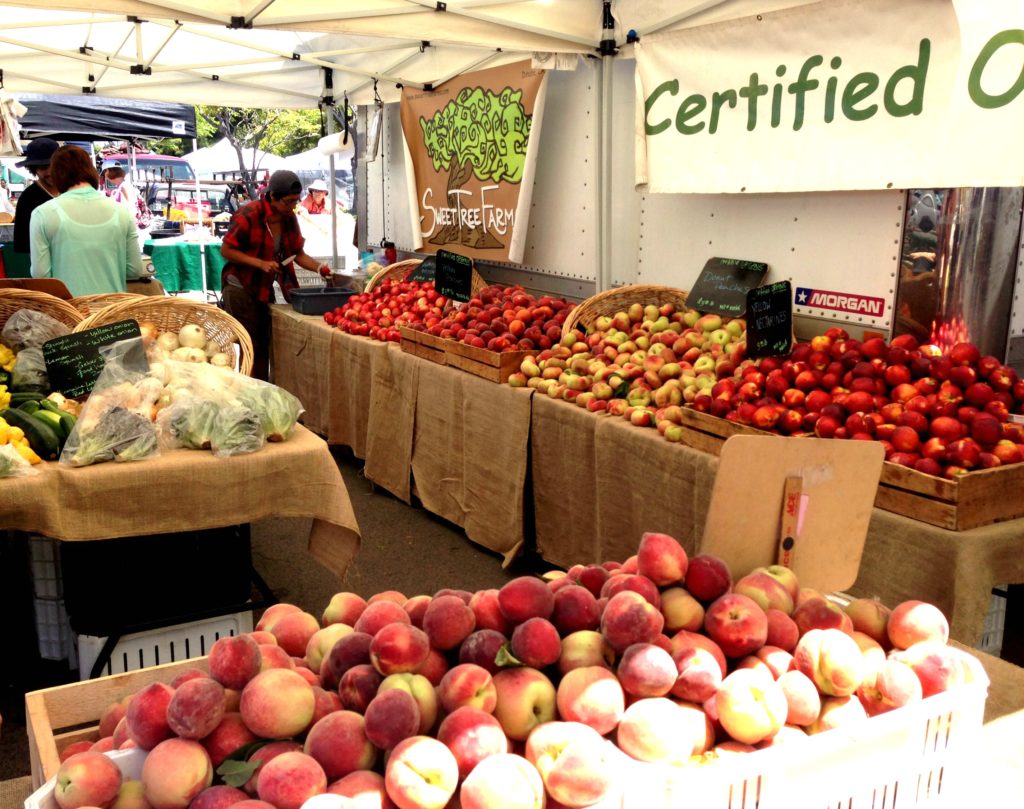
If money were no object, I would probably just buy everything organic. But I already spend a small fortune buying high quality food, so when it comes to produce, I tend to follow the dirty dozen and clean fifteen rules – which are lists of the most and least contaminated fruits and veggies:
(source)
For instance, I never buy organic avocado, but I always buy organic apples. I once heard in a nutrition school lecture that a single apple can contain traces of up to 60 pesticides. That stuck out in my mind because I find that to be a scary stat!
So, that’s the gist of where I stand where it comes to organic food. Tell me, where do you stand in the organic debate?
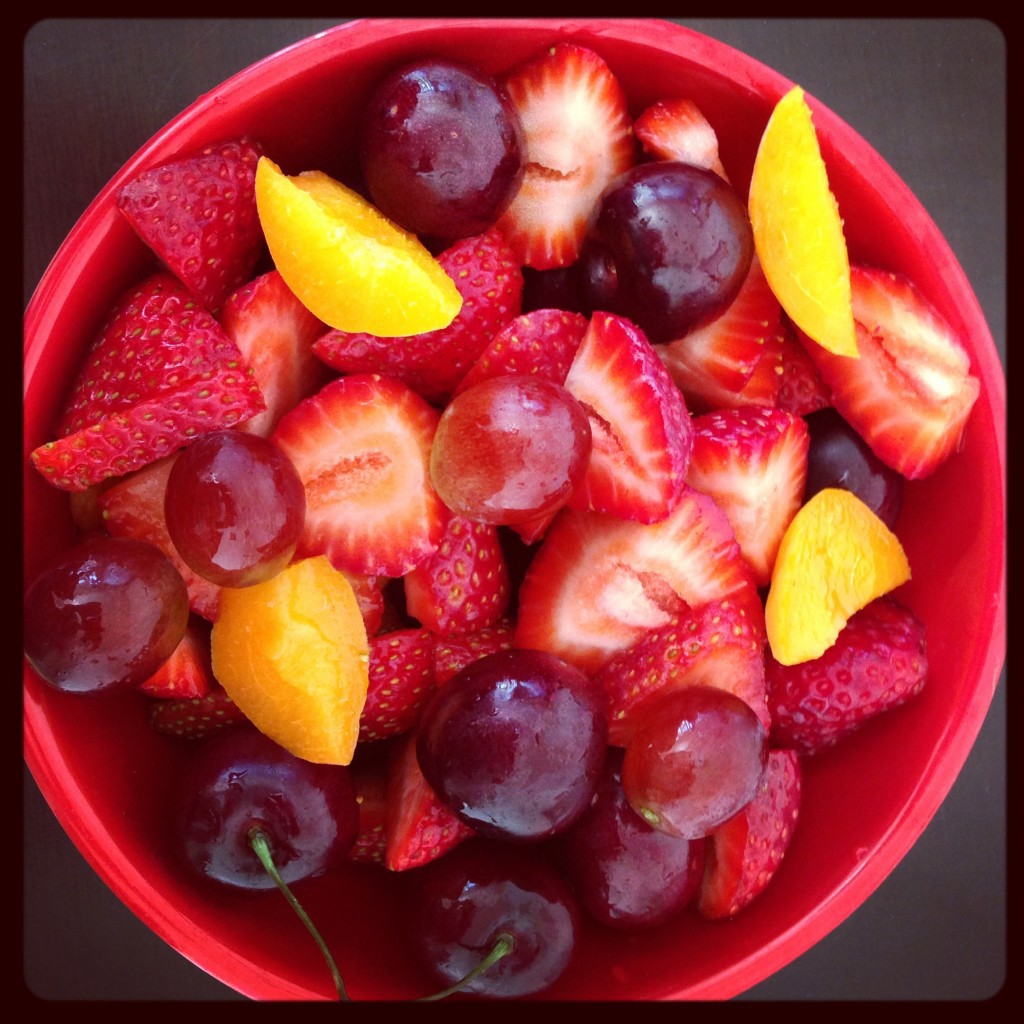
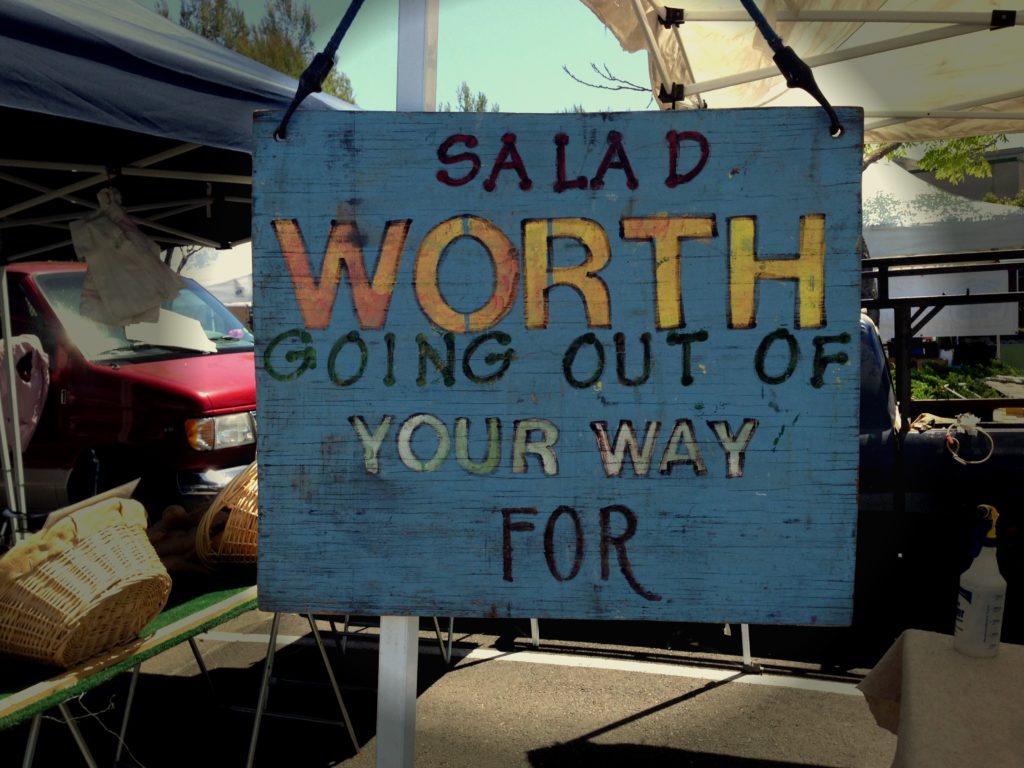

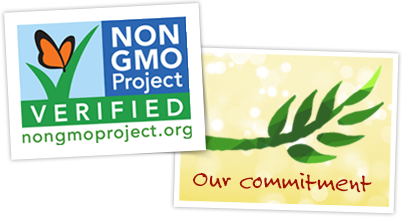
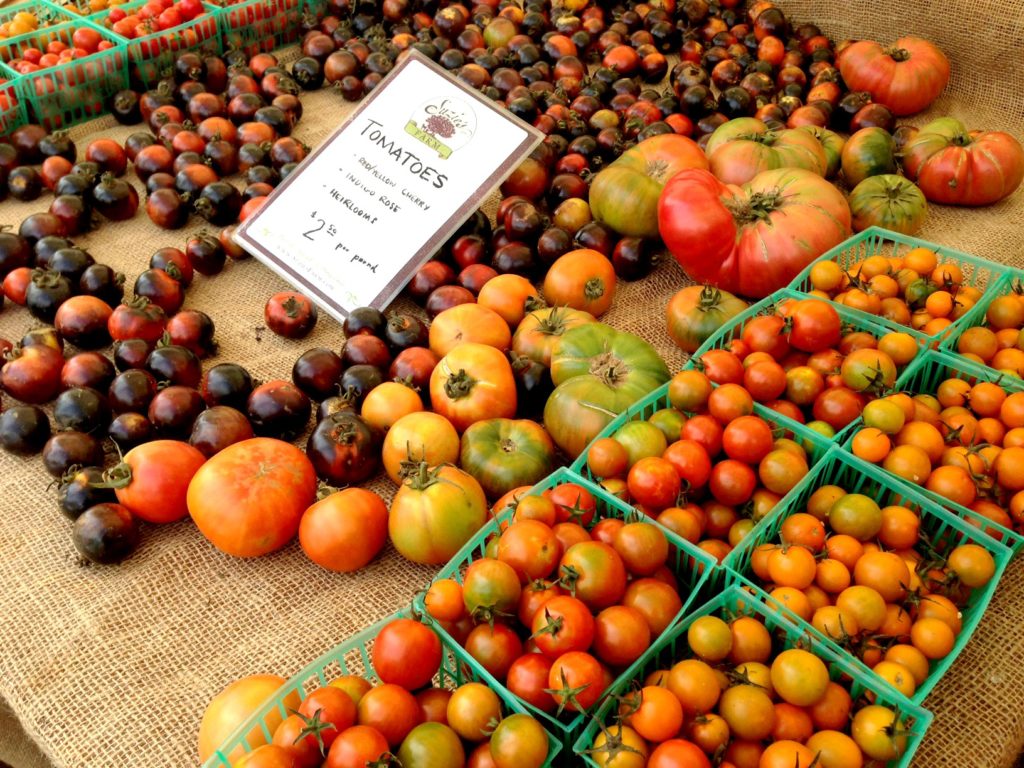
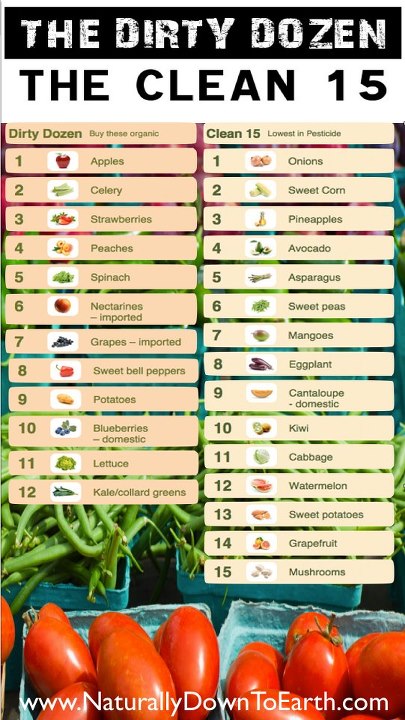
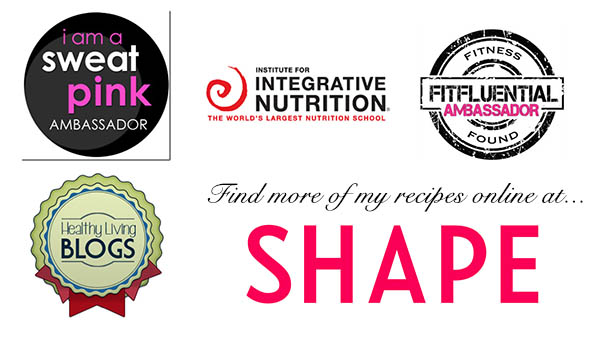
I usually try to buy as much organic fruits and veggies as I can. And you can totally tell the difference in taste in some of them too! I JUST stopped buying organic apples because I was literally spending a minimum of $20 a week on apples….and I figured, well, even if i’m eating a non-organic apple, it’s still better for me than snacking on something else….but 60 pesticides!!!!!!! I think the $20 is well worth it.
Your health coaching program sounds awesome! Thanks for sharing the list of best foods to buy organic. I’ll be using it the next time I go grocery shopping.
Thanks, Ali!!
Initially I was totally against organic food because I didn’t understand the health benefits. I’ve come around to it a lot more in recent years. I agree with you about the dirty dozen and clean 15. I try to buy organic in those varieties as much as possible although it really isn’t always that easy!
I love that salad sign – I really want one of those in my kitchen.
I really wish we had markets like the one in the photo over here. I swear I would do all of my shopping there.
Great read, Nicole!
I try to buy mostly organic meat, fruits, and veggies, but like you mentioned sometimes those items can be very expensive. I try to do the best I can, and I think that ends up being about 70% organic, 30% non-organic. All you can do is your best, and that’s the best I can do right now w/ our budget. 🙂
I always have a hard time buying organic eggs because my husband eats so many of them. It’d put us in the poor house! If I go to Costco I definitely buy their organic eggs because it’s so much more affordable, but at our Whole Foods, I’d be spending $5-$6 on 12 organic eggs, so I’d be spending over $15 a week on eggs. I try to buy the most local to us and make sure they are cage-free, though I’ve heard that doesn’t really mean much. =/
I actually wrote on this same topic last year, and I agree with you. While I can’t buy absolutely everything organic, I try to as often as possible, with special attention to the dirty dozen/clean fifteen. We do have a small farmers market right around the corner from my apartment here in NYC, so even in the winter I try to get my produce there, though it’s limited. I also follow something else I’ve read about often – if it’s local but not organic, I buy that over organic but imported. I’ve heard that even if it’s not technically organic, local produce is more likely to contain fewer pesticides. Farmers just can’t classify it as “organic” unless it is fully pesticide-free, which makes sense.
Totally agree, I buy local over organic as well. I think about the environmental impact that shipping food long distance has. Or even better, I sometimes buy organic at local markets! It’s pricey but I love supporting local biz that made its food right around the corner from me 🙂